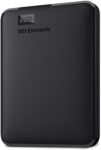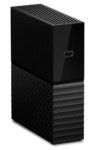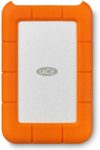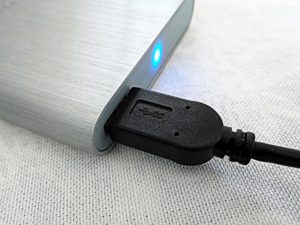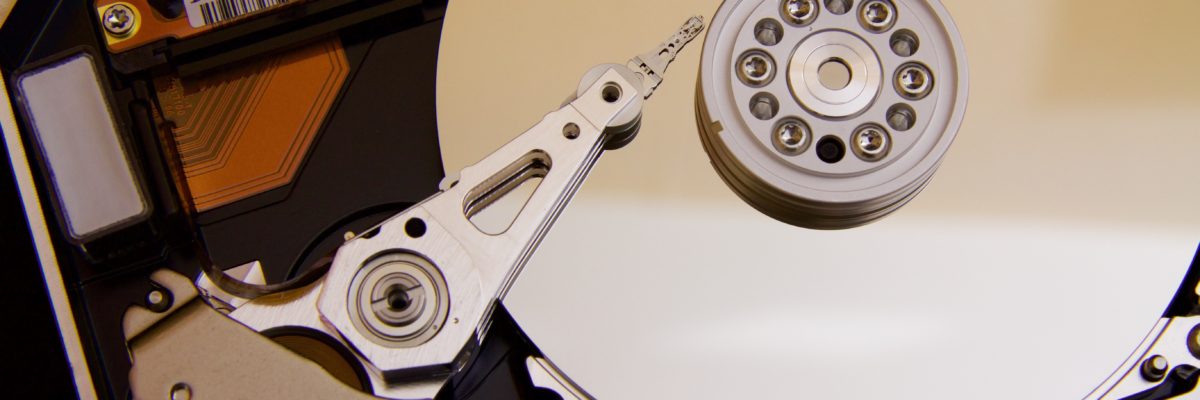
Toptest.sg spends many hours on research to help you find the best products to buy. Each product here is independently selected by our team. If you buy something through links in our content, we can earn a small commission that helps support our work.
Best external hard drives 2022
Whether you’re looking to buy your first external hard drive or just a new one, it’s always smart to research what the newest types and trends are. As most hardware products, external hard drives are on the crest of most waves of innovation. The best external hard drives models offer excellent security, impressive capacity and connectivity, as well as compact and portable designs.
So, which type of external hard drive should you choose for your home setup? Here’s a quick breakdown of the main types of external hard drives and their key characteristics.
The different types of external hard drives
External hard drives can be differentiated into two or four categories. The main two types are desktop and portable hard drives. The former can also be divided into standard and network desktop hard drives, and the latter – into standard and secure/encrypted portable hard drives.
Desktop external hard drives
Meant to be kept in the same place, desktop external hard drives typically offer exceptional capacity, longevity, and speed. They can have different interfaces such as USB, e-SATA, and firewire. Make sure you get at least USB 2.0 or even 3.1/3,2 for better connectivity.
In terms of how many devices they are meant to be accessible to at the same time, desktop drives can be seen as either standard/singular hard drives or network hard drives. The latter are meant to act as the center point of a computer network.
Portable external hard drives
These external hard drives are made to compromise with their capacity, speed, and longevity in favor of a more compact and portable design. They are perfect for people who don’t only want to store and backup their data but want to have it on the road with them.
Durability is extra important with these hard drives as they need to be safe from external damage and the elements they can get exposed to. Additionally, some encrypted/secure portable hard drive models are often listed as their own type. Their purpose is self-explanatory – to help not only carry but safeguard your data in case you misplace your hard drive.
What should I look for when buying an external hard drive?
With those main types of external hard drives being fairly similar to one another, what are the key characteristics you should look for when choosing between them? There are many things to keep an eye on but here are the most important ones:
Capacity
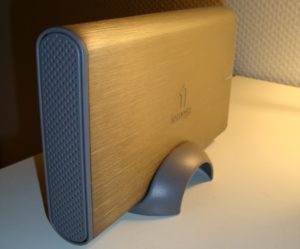 Getting a low-capacity external hard drive is more or less pointless. At the end of the day, even if you don’t think you have that much information to store on it, the whole point of an external hard drive is to give you that option for years to come. External hard drives can go up to multiple terabytes per device with even external hard drives going as high as 5 TB as of late.
Getting a low-capacity external hard drive is more or less pointless. At the end of the day, even if you don’t think you have that much information to store on it, the whole point of an external hard drive is to give you that option for years to come. External hard drives can go up to multiple terabytes per device with even external hard drives going as high as 5 TB as of late.
Longevity
The average lifespan of most external hard drives with no external damage is 3 to 5 years. If you’re careful and fortunate, a desktop external hard drive can last more than that but if you’re storing anything sensitive on it, it’s smart to replace it once every 3 to 5 years.
Security
For portable external hard drives, in particular, making sure they are safe and secure is quite important. Even if all you store on them is personal photos and clips and not any sensitive data, you still likely don’t want it accessed by unauthorized people. And considering that most portable external hard drives are used for more than just photos, this becomes even more important.
Compact & portable design
Not so crucial for desktop external hard drives but very practical for portable modes, the design of the device is quite important. The smaller, lighter, and easier to carry your portable external hard drive is, the better. Besides, even just for desktop models it’s great to pick a model that looks good if it’s going to sit in the middle of your desk for years to come.
Speed
The speed at which your external hard drive transfers data is also quite important. If you only want to use your disk for storage it may not be a priority. However, if you want to frequently access your data, looking for a speed of at least 1GB/sec or more is a good idea.
Extra features that might be useful
So, what other features should you look for in an external hard drive? Here are some more pointers:
- SSD vs. HDD. SSD stands for “solid-state drives” and those are made out of tiny gate transistors in cells that transfer electrical pulses around the drive. HDD means “hard drive disk” as those hard drives use spinning magnetic disks to store data. In short, SSDs are faster and more durable but more expensive than HDDs. We’d usually recommend SSDs as their higher price is justified by their longer lifespan.
- Min and max transfer speed. As external hard drives are usually meant for large-size items, the speed at which they work is quite important. Having to spend hours transferring several files can range from an annoyance to a major inconvenience at times.
- Gaming features. Yes, there are external hard drives for gaming too. Those are characterized by faster speeds, better USB ports, auto-backup features, and universal compatibility. Some portable models even have built-in physical storage spaces for cables.
As you can see, while external hard drives only really come in three or four different types, they can vary a lot in the extra features and characteristics they have. Choosing one should be done with care if you want the best possible results. And, you should always prioritize quality, security, and durability above all else. At the end of the day, the whole point of getting an external hard drive is to safely store or back-up your personal data and software.
